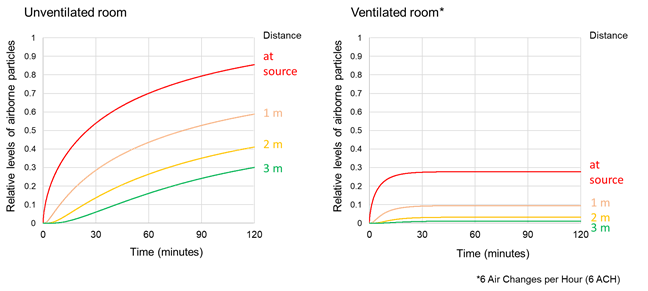
Biophysical Chemist. Aerosol scientist. Jew. Likes lipids, nano materials, x-ray / neutron scattering, pretentious coffee. (he/him/his). @adsquires.bsky.social
How to get URL link on X (Twitter) App




 "Isn't it driven by us spending more time indoors together when the weather's worse?" Probably not - in industrialised world, we spend most of our time together indoors anyway. So it's indoors that counts. 2/
"Isn't it driven by us spending more time indoors together when the weather's worse?" Probably not - in industrialised world, we spend most of our time together indoors anyway. So it's indoors that counts. 2/ 

https://twitter.com/linseymarr/status/1428083885527736320Previous studies have found viral RNA in aerosol particles that float in the air - but skeptics have suggested this is "dead" RNA. Other studies have tried and failed to grow actual COVID from these air-extracted samples - but that's just cos their experiments didn't work... 2/
https://twitter.com/yaneerbaryam/status/1365497804601360387Keeping R<1 will become easier and easier with vaccination. Under these conditions, covid levels die away, and flare-ups can be stamped out.

https://twitter.com/MWStory/status/1309561305616076800?s=20If that person has COVID, and someone else breathes in their aerosol, that can pass on COVID infection.